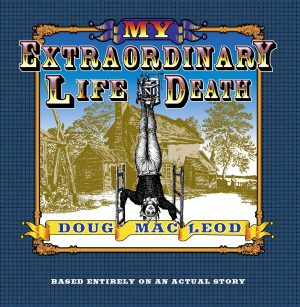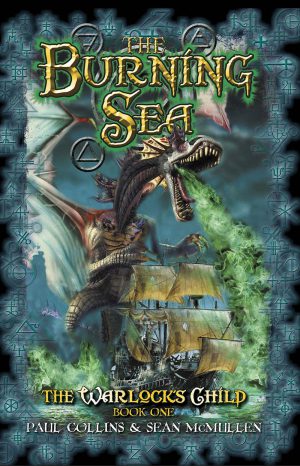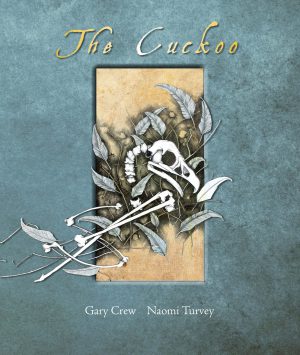- ISBN:9781925272628
- Publication date:1 March 2017
- Extent:224
- Format:B format paperback
- Genres: contemporary fiction, magical realism
- Age guide: Middle Readers, 11+
Harry Kruize, Born to Lose
By Paul Collins
$17.95
A tale of the acceptance of change and loss; the importance of friends and family, and the uplifting strength that comes from hope.
Harry’s mum runs a boarding house for transient old men who are down on their luck. To counter his frustration and anger, Harry longs for the companionship of a dog. The Annual Gala at school features a dog hurdle race and more than anything in the world, Harry would love to enter a dog into that race and win it. Such a win would give him a sense of worth and belonging.
A new lodger, Jack Ellis, befriends Harry and shares a wealth of outback adventure stories featuring dogs with him.






Isabel McPherson –
Harry Kruize is 13 years old and there are a bunch of things about his life that he wishes he could change. He wishes the school bully ‘the Brick’ would stop beating him up. He wishes his mum would go back to normal. Most of all, he wishes he had a dog to compete with in the Grand Triathlon Cup.
It’s not until the rugged swaggie Jack Ellis sweeps in to stay that Harry sees his luck begin to change. As Jack recounts the stories of many a daring dog, Harry learns that with a little courage and faith he can take the path in his own life to overcome all his obstacles. But who is the mysterious Jack Ellis? And where do all these stories come from?
In Harry Kruize, Born to Lose, Paul Collins presents us with a touching story about the importance of friendship, loyalty and resilience throughout life’s peaks and troughs. Drawing from the stories of iconic Australian poet Henry Lawson, Collins skillfully blends the rustic charm of historic outback literature with modern challenges that all young teens can identify with.
Neatly packaged in a lifelike e-document format and following Harry’s web diary, the novel is an easy read that is perfect for reluctant readers, particularly schoolboys, who may appreciate Harry’s simplistic, unaffected honesty and uncomplicated, conversational language. Collins also manages to sensitively tackle several confronting themes including divorce, bullying and mental health in a way that is neither overbearing nor dismissive. Straying away from condescension, this mindful handling of ‘grown-up’ issues should appeal to upper primary school and junior secondary readers who are gaining more of a sense of our fickle world.
Harry Kruize, Born to Lose both presents a moving and candid portrayal of the trials and tribulations faced by teens today and a powerful reminder that the dog days are not forever.